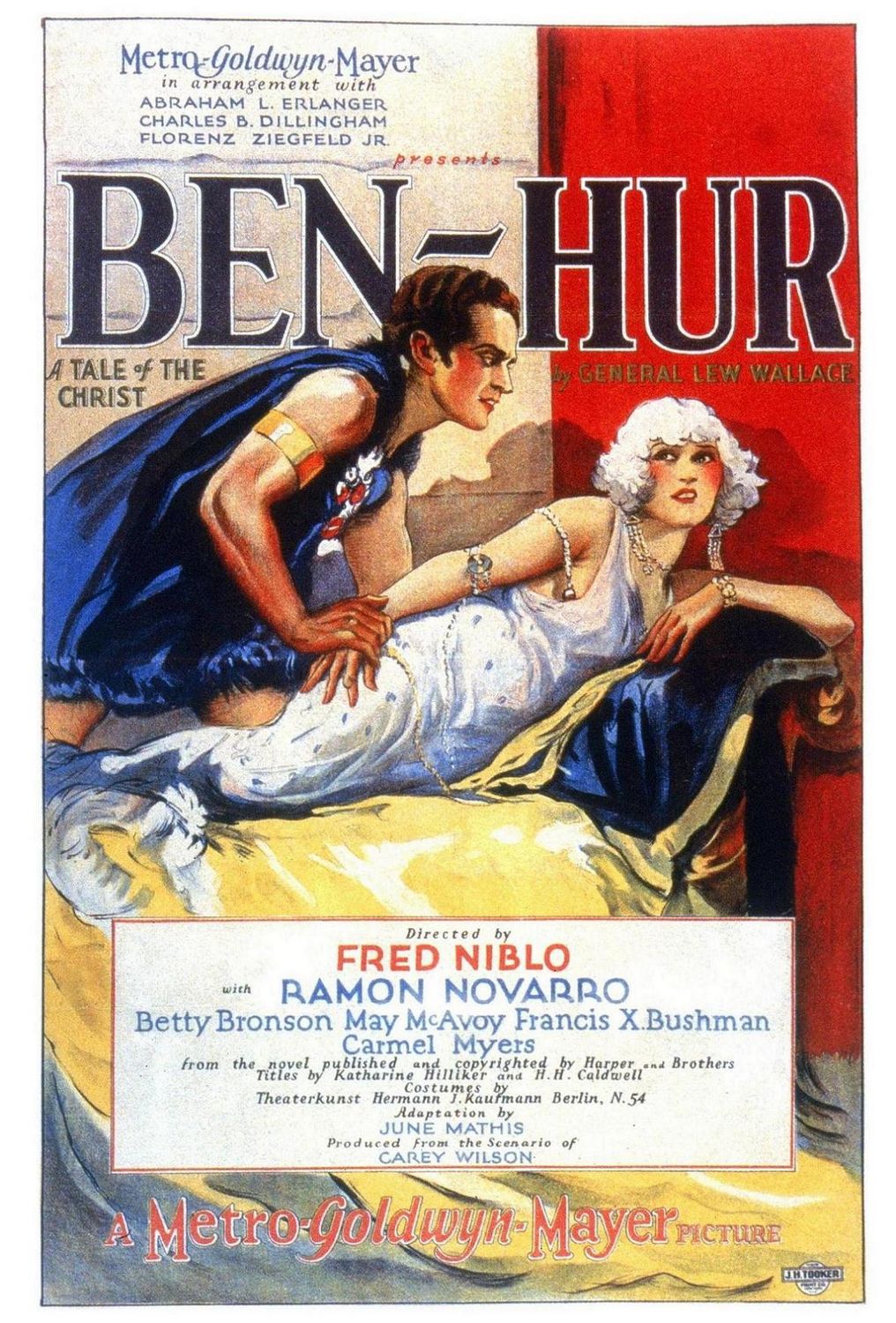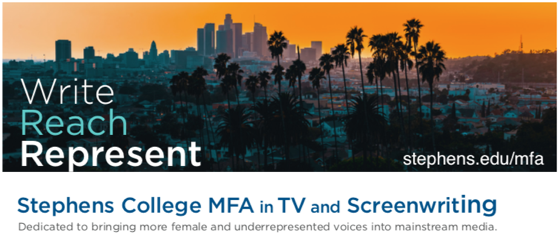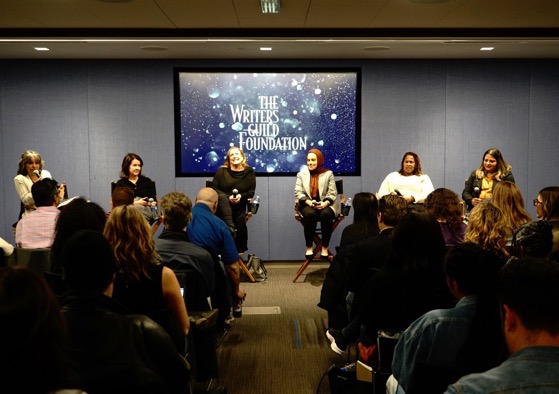Enjoy This Clip? Watch this entire presentation and Buy Why The Monkees Matter: Teenagers, Television and American Pop Culture
From Denver Pop Culture Con 2019.
Wherever you go, you find Monkees fans and the Denver Popular Culture Con was no different. Amid rooms full of caped crusaders and cosplay creations, I was initially not sure how many folks would attend a talk on a TV show from the 1960s – but happily I was met by a nice, engaged audience for my talk on Why the Monkees Matter – and afterward they bought books! What more could an author ask for?
Subscribe to Rosanne’s Channel and receive notice of each new video!
Transcript
But part of what made them last, we all know, it’s the TV show and it’s the music. The music mattered very much to them. There was, of course in the beginning, the first two albums. The first two up there More Of The Monkees and The Monkees, they sang everything. They played nothing. Not their fault. It was played by The Wrecking Crew who were the band that played The Beach Boys albums for the Beach Boys. They played for lots of famous bands in the day. It’s just that people got very angry that The Monkees were famous so quickly because they had a TV show, and so they got a bad reputation, but because of that reputation, the third album Headquarters is entirely them. Every song is written by one of the four of them. Every tune is sung by all of them and all the instrumentation is all of them. They have nothing else. That is to prove they could do it. That album was second the entire summer of 68. The first album all summer was Sgt. Pepper’s. That’s not too shabby. If you think about it, if there wasn’t Sgt. Pepper they would have been number one the whole summer. So that’s how much the music mattered. It’s a pretty good album. There’s quite a lot of good music on that album.
Buy Why The Monkees Matter: Teenagers, Television and American Pop Culture
A hit television show about a fictitious rock band, The Monkees (1966-1968) earned two Emmys–Outstanding Comedy Series and Outstanding Directorial Acheivement in Comedy.
Capitalizing on the show’s success, the actual band formed by the actors, at their peak, sold more albums than The Beatles and The Rolling Stones combined, and set the stage for other musical TV characters from The Partridge Family to Hannah Montana. In the late 1980s, the Monkees began a series of reunion tours that continued into their 50th anniversary.
This book tells the story of The Monkees and how the show changed television, introducing a new generation to the fourth-wall-breaking slapstick created by Laurel and Hardy and the Marx Brothers.
Its creators contributed to the innovative film and television of 1970s with projects like Bob & Carol & Ted & Alice, The Mary Tyler Moore Show, Laugh-In and Welcome Back, Kotter. Immense profits from the show, its music and its merchandising funded the producers’ move into films such as Head, Easy Riderand Five Easy Pieces.
McFarland (Direct from Publisher) | Amazon | Kindle Edition | Nook Edition
Want to use “Why The Monkees Matter” in your classroom?
Order Examination Copies, Library and Campus Bookstore orders directly from McFarland
Podcast: Play in new window | Download
Subscribe: RSS
![23 Music and The Monkees from “Why The Monkees Matter: Even 50 Years Later [Video] (1 minute 9 seconds)](https://rosannewelch.com/wp-content/uploads/2020/01/monkees-popcon-2019-23.jpeg)



















![22 The 2000’s and The Monkees from “Why The Monkees Matter: Even 50 Years Later [Video] (36 seconds)](https://rosannewelch.com/wp-content/uploads/2020/01/monkees-popcon-2019-22.jpeg)




![36 Leigh Brackett from “When Women Wrote Hollywood” with Dr. Rosanne Welch [Video] (47 seconds)](https://rosannewelch.com/wp-content/uploads/2020/01/csuf-rmw-w3h-36.jpeg)
